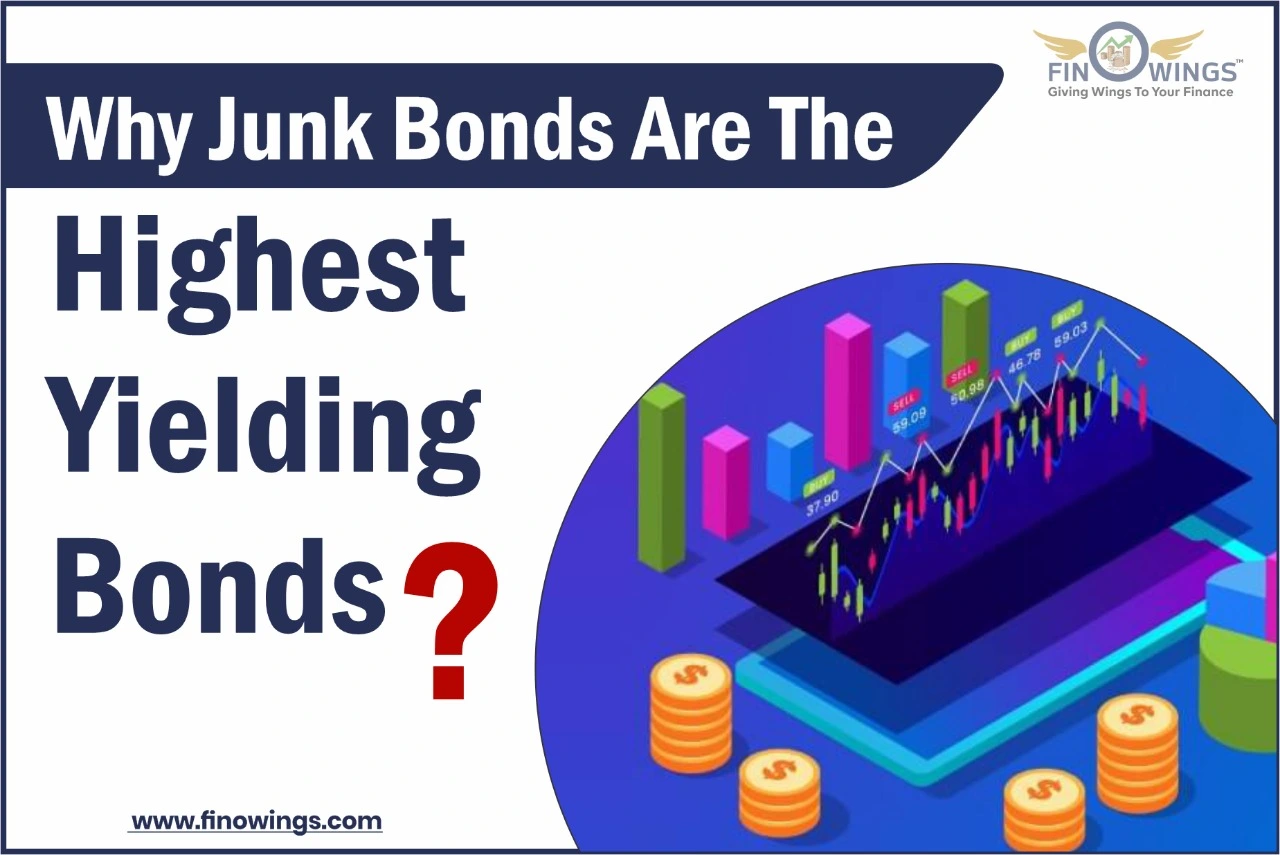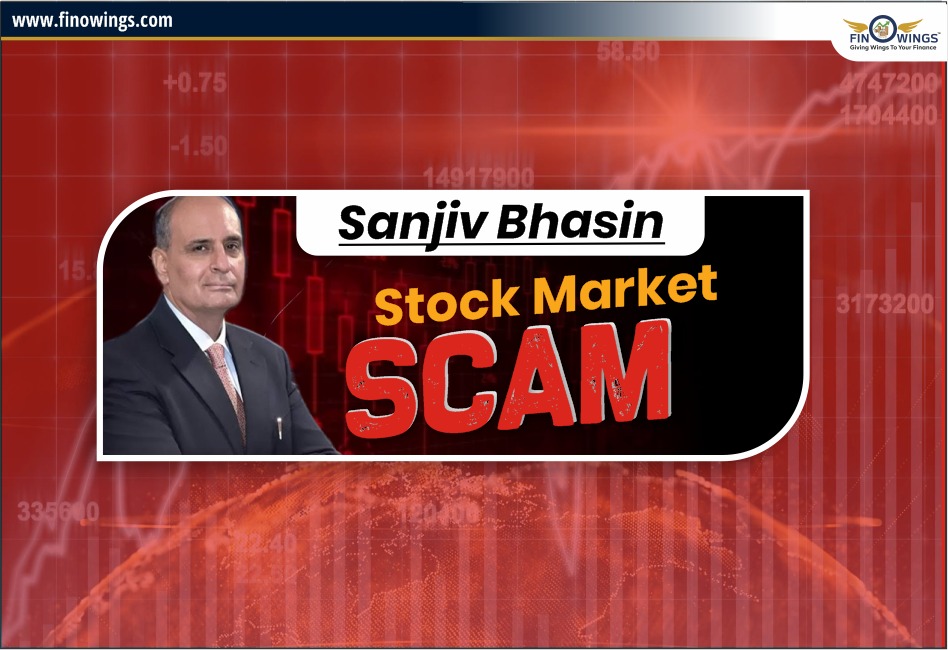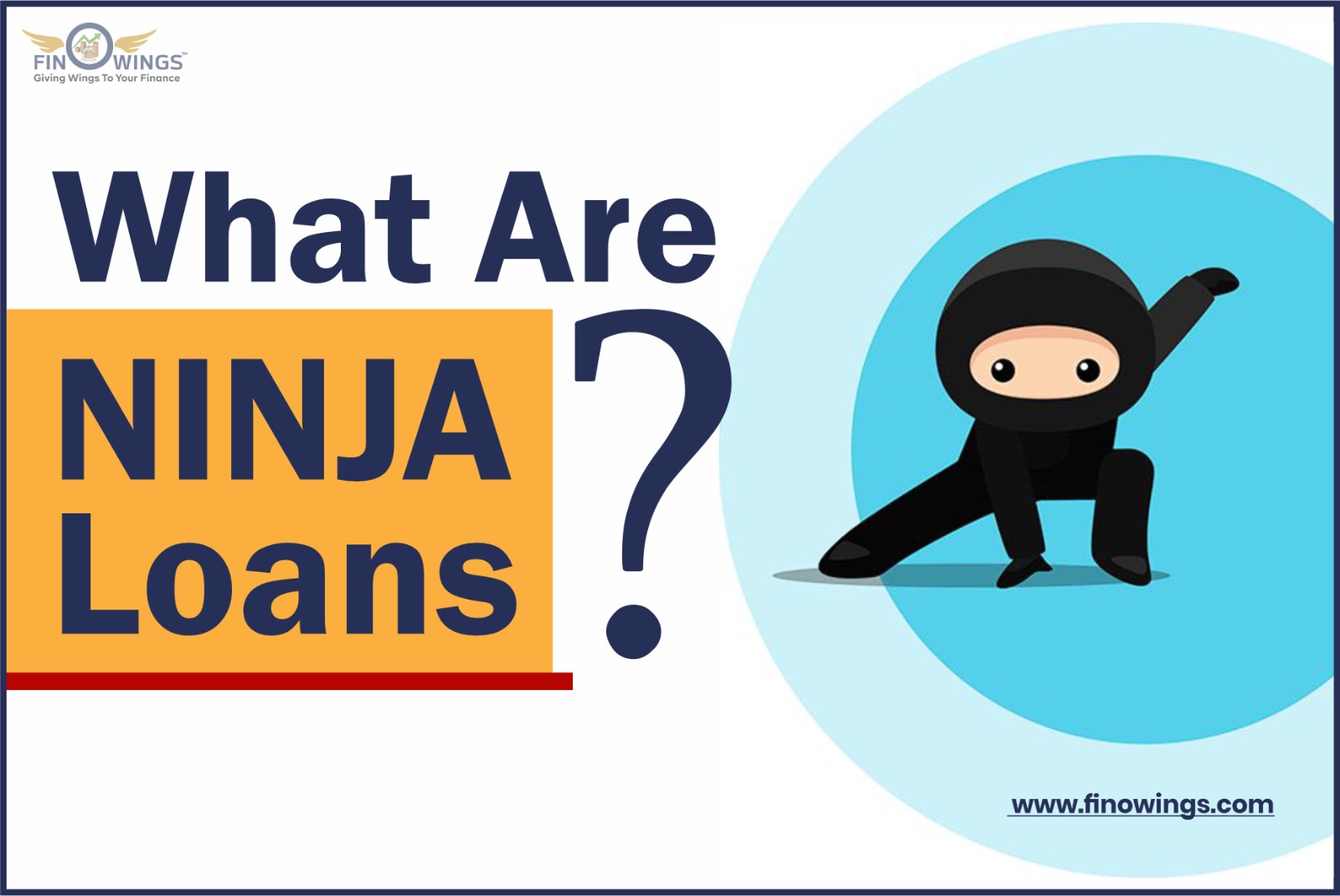Home >> Blog >> Why Junk Bonds are the highest-yielding bonds?
Why Junk Bonds are the highest-yielding bonds?

Table of Contents
1- Introduction
A bond is a legal debt security. A company issues bonds as a borrower to raise money from investors who are willing to lend them money for a certain amount of time at interest. When a person buys a bond, they are acting as a creditor who is lending money to the issuer, which can be any company or corporation and even a government or municipality. A bond is a means of investment which grows and provides returns according to its interest rates. The interest rates are usually less than 10%. The higher the interest rates, the more risky a bond can be. Many times, an investor sees high-yield investments in a bond. These bonds may carry higher returns but at a cost of greater risk. One of these high-return value risky bonds is known as Junk Bond.
2- What is a Junk bond?
Junk bonds are those bonds which carry a higher risk of default than the other bonds issued by corporations and governments which usually do not carry high risks. By the term ‘default’, we mean when the company fails to fulfil its obligation to repay the investor’s debt. The profits of a bond are a debt or an agreement to pay its investor's payments with interest along with the return of invested principal in exchange for buying the bond. The investors are creditors whereas the company offering its bonds are debtors. Junk bonds are issued especially by companies that are facing a financial crisis. They have a high risk of default, that is they are unable to pay all of their debt. They can also find themselves in a situation where they are unable to pay the interest payments or principal amount to the investors.
3- Why are junk bonds known as high-yield bonds?
Junk bonds are not only risky bonds but they are also known as high-yield bonds because they have a higher risk of default, the companies compensate for the risk to attract investors with higher yield or profit.
A bond which has a greater risk of its indebted company defaulting is called a junk bond. A well-established company with many investors and shareholders rarely issue junk bonds. The companies or even governments which issue these junk bonds are mostly companies or governments which are struggling financially during an unexpected inflation or economic crisis. Many times start-ups also issue junk bonds when they fail to find angel investors or venture investors. Junk bonds are risky because their buyers are not guaranteed that their principal amount which is invested will be repaid and they will earn regular interest payments. So not only the investors are not only unsure of their interests but also their principal amount. Therefore, junk bonds pay a higher yield or interest than other bonds in the market which will help investors to compensate for the unwanted high level of risks associated with junk bonds. The companies agree to pay a high yield if the company grows because they need to attract investors to fund their operations by buying their bonds with little future.
4- Advantages & Disadvantages of buying Junk bonds
Advantages of Junk Bonds |
Disadvantages of Junk Bond |
|
Junk bonds return higher yields and profits than other fixed-income debt securities or bonds. |
Junk bonds have a lower credit rating which means it has a higher risk of default than other bonds which have better credit ratings. |
|
Junk bonds’ price can significantly increase if the company has the potential of improving its financial performance with the help of new funds. |
Due to the high risk of default, new investors mostly avoid junk bonds and look for bonds with lower interests but high security of repayment and returns. |
|
Junk bonds also act as an indicator for other companies to analyse the investments made in junk bonds because it acts as a risk indicator. If many investors are interested in junk bonds, it tells that the investors are willing to take on risk in the market. Whereas, if the investors are not investing in junk bonds, it means that they are avoiding risk in the market. |
Active junk bond markets where many investors are attracted to high yields indicate an overbought market which means that the investors are eager to take risks which can lead to market downturns, which is a period during which the stock market continues to decline. |
|
The junk bonds help the company to financial stabilise itself. It also helps start-ups to establish themselves with more funds. |
Junk bond prices are volatile which is their liability to change is unpredictable mostly for the worse due to uncertainty of the financial performance of the issuing company. |
|
Investors sometimes buy junk bonds to profit from potential price increases and not the return on interest income, if they believe that the financial condition of the underlying company will improve. |
Junk bonds highly depend on its credit ratings. A junk bond can potentially be profitable but its credit ratings often force investors to choose other bonds due to its high risks. |
5- Credit Ratings of a Junk Bond
A credit rating is an evaluation of the credit risk of a company. It predicts its ability to pay back the debt to its creditors or investors. It also tries to predict the likelihood of the company defaulting on its debt.
If a junk bond issuing company performs well financially, its bonds will have a better credit rating and it will attract investors to purchase its bonds. Therefore, the junk bond's price will rise as new investors will be interested to invest in a financially better company. Whereas, companies which have poor financial performance have low credit ratings. These ratings cause buyers to stay away from these companies. Companies with low credit ratings usually offer high yields to attract investors and compensate them for the unwanted risks.
Therefore, the bonds of the underlying company with good credit ratings pay lower interest rates on their debt in comparison to companies with poor credit ratings. Bond investors monitor the credit ratings of bonds before investing their money.
Although junk bonds are risky investments, investors can evaluate a bond's level of risk by interpreting the bond's credit rating. The company's credit rating and its bond's credit rating impact the price of a bond at which it will sell to the investors and also the offering interest rates at which it will provide returns to the investors.
There are agencies which measure a Credit rating’s credibility of all the companies and government bonds.
5.1 Credit rating agencies
There are a total of seven credit agencies in India which are-
-
CRISIL
-
CARE
-
ICRA
-
SMREA
-
Brickwork Rating
-
India Rating
-
Research Pvt. Ltd
Infomerics Valuation and Rating Private Limited These rating agencies give the investors an understanding of the risks involved in the company’s debt securities or bonds. Credit rating agencies assign grades which provide a view of the overall status of the issue or bond.
5.2 Example of Credit ratings
CARE issuer rating has a credit rating scale ranging from AAA—excellent—to lower ratings of C and D. Any bond that has a rating lower than BB is said to be of a speculative grade or a junk bond because they are considered to offer high risk of default regarding timely servicing of financial obligations. The ratings are a red flag for investors who are looking out for the risks. The various letter grades from credit agencies represent the financial stability of the company and the likelihood that the contract terms of the bond will be completed.
6- Investment Grades
Bonds with a rating of investment grade come from companies that have a high probability of paying the regular coupons or interests and returning the principal (invested amount) to the investors. For example, CARE issuer ratings are as follows-
-
AAA (Is)—Excellent
-
AA (Is)—very good
-
An (Is)—good
-
BBB (Is)—adequate
6.1 "Junk" (Speculative bond)
As mentioned earlier, once a bond's rating reaches the BB category, it falls into the junk bond territory where it is stated that the bond will have a high risk of default. This area is a sensitive place for investors who can potentially face a total loss of their investment in the case of a default.
Some speculative ratings include:
-
C—highly vulnerable to nonpayment
-
D—in default
7- Conclusion
Junk Bonds may provide high risk but as the country’s economy changes. For instance, if an investor believes that the economic conditions are improving in the U.S. or any other country, they might purchase junk bonds of companies that will show improvement along with the country’s economy.
As we know that junk bonds have much larger price unpredictability than other bonds of higher quality. Investors who are interested to buy junk bonds can either buy the bonds privately with the help of a broker or can invest in a junk bond fund which is managed by a professional portfolio manager.
Junk bonds can also provide benefits to investors. Junk bonds can be traded when their price value increases. These bonds can be bought only to sell them later in future when their value substantially increases. This is seen equally and sometimes more beneficial than the promised high-interest rates.
For example
Tesla Inc. (TSLA) issued a fixed-rate bond with a maturity date of March 1, 2021, and a fixed semi-annual coupon rate of 1.25%. The debt received an S&P rating of B- in 2014 when it was issued. In October 2020, S&P upgraded its rating to BB- from B+. It was still considered a junk bond due to its rating. BB rating from S&P means the rating issue has a lesser risk to nonpayment, but it still has major financial uncertainties and risks to the business or economic conditions.
The current price of the Tesla offering was $577 as of Oct. 2020, which is much higher than its 2014 $100 face value, which represents the extra yield that investors were getting above the coupon payment. In other words, despite its BB- rating, the bond was traded at a very large premium to its face value. This is because the bonds are convertible to equity. Therefore, with shares of Tesla soaring 600% over the last twelve months ending Oct. 26, 2020, the bonds proved to be valuable trades for the equity.
Author
Frequently Asked Questions
Junk bonds are risky investments, but on the other hand they provide higher returns than other bonds. Junk bonds, also known as high-yield bonds. Therefore, they are good investment options for those investors who are willing to take more risk for higher returns.
The name “junk” does not mean that these bonds are useless, in fact these bonds can be a safer investment option than stocks. They offer a higher payout than other traditional bonds and they have more dependable returns on investment (ROI) than stocks.
Junk bonds have greater default risk than other investment-grade bonds because the companies which issue these bonds might fail to cover interest payments and loans by the maturity date due to their financial status.

















